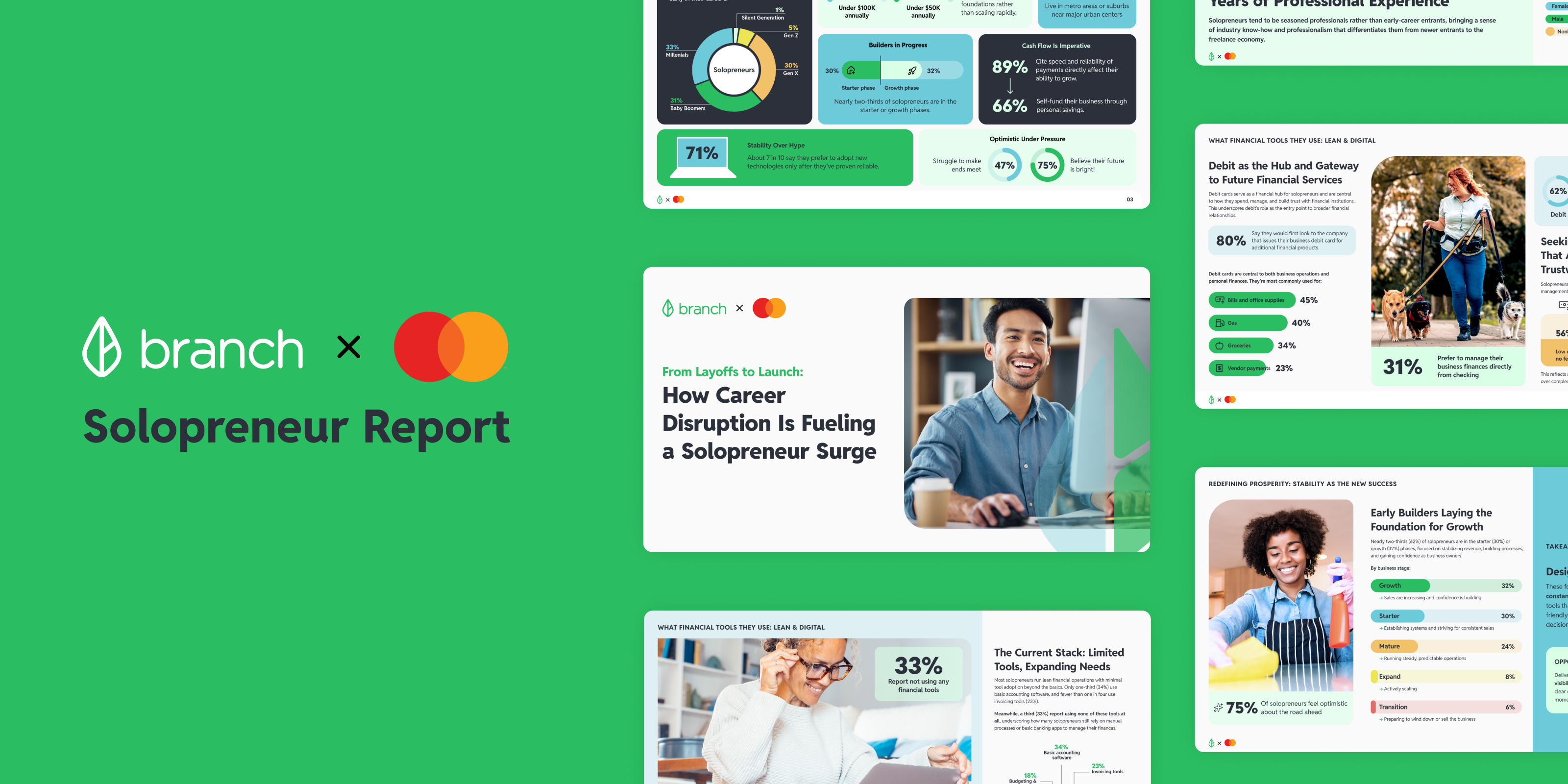
What 3 Nurses Want You To Know About the State of the Industry—and What Needs To Change
Nursing is the nation’s largest healthcare profession, with nearly 4.7 million registered nurses nationwide. As such, it’s safe to say that the state of nursing represents, to some degree, the state of healthcare overall. So what story is the nursing industry telling us? And how can we use that knowledge to create a better experience for everyone in healthcare?
It’s no surprise that for most nurses across the nation, the past few years have been riddled with new challenges. The pandemic exacerbated staffing shortages and nurses were forced to work longer hours, dealing with hospitals and clinics that were consistently at capacity. Patient care became more challenging—and it’s a sentiment that’s reflected in the fact that more than a quarter of registered nurses across the nation plan to leave the profession within the next five years.
While you can read the same healthcare headlines over and over, the most meaningful information comes from those on the frontlines: the real-life nurses working every day to try and change their industry from the inside out. Here’s what three nurses in different specialties across the country* have to say about the state of the industry—and what they hope to see change.
The pandemic caused a major shift from bedside to outpatient
“I’ve seen a major shift of nurses wanting to move from bedside nursing to outpatient areas. Since COVID there has been a consistent influx of patients, but not enough beds or nursing staff to care for them. I myself moved to an outpatient procedural clinic after working at the bedside for many years.” - Veterans Affairs (VA) nurse with 10 years of experience
“Bedside” nursing refers to the hands-on care given directly at a patient’s bedside; it’s a crucial role that has been hit hard with labor shortages since COVID, when nurses were pushed to their limits and overworked with long hours and inadequate resources to meet demand.
A VA nurse with ten years of experience notes that the pandemic is ultimately what drove her from bedside nursing as well—and that she’s noticed a general trend of nurses looking for other jobs that don’t involve bedside patient care.
“I think many nurses just got stretched to their limit, and looked for options or specialties that could provide more consistency and less stress,” she says.
This trend of leaving bedside nursing after a few years also means that lesser-experienced nurses may now be the ones providing bedside care without mentors to guide them. This may be detrimental to both patient safety and each nurse’s overall training and education.
Staffing shortages are affecting efficiency, morale, and patient outcomes
“Nurses are having to take on a higher patient load which only adds on more responsibility, stress, loss of quality patient and family centered care and at times can be unsafe” - NICU Nurse with 20 years of experience
When a hospital or clinic experiences high nurse turnover or staffing shortages, nobody wins. Whether nurses leave the bedside for another area or leave the industry altogether, constant attrition has serious consequences for both nurses and patients alike.
A NICU nurse with 20 years of experience describes what she’s seen when dealing with staffing shortages firsthand. “As ancillary staff decreases, nurses are also expected to add those tasks onto their daily workload. Experiencing these changes leads to burnout, poor job satisfaction, poor patient and family satisfaction, and nurses leaving because of their mental health.”
The data backs this up: rates of burnout, job dissatisfaction, and even patient mortality rates have been shown to increase when a nurse is required to care for more than four patients.
Nurses are demanding more—and won’t settle for less than they’re worth
“Nurses are getting smarter when it comes to pay transparency and exploring other options like travel nursing. They’re starting to realize their worth.” - Nurse Navigator with 6 years of experience
Like workers in other industries, nurses have started demanding more than the long hours and constant burnout they experienced during the pandemic, seeking fair pay and schedule flexibility that can provide a more balanced life.
A nurse at UCI Health in California left inpatient care for travel nursing during the pandemic, where she could enjoy more freedom and a better work/life balance. “It seems like most nurses—myself included—left bedside nursing for another role with better quality of life.”
Though she’s since moved on from travel nursing to take a coordination role at UCI Health, she does miss the flexible perks it provided.
“Weekly pay in travel nursing was one of the first things I immediately missed when transitioning to a staff job,” she says. “I always liked getting paid every week at the end of the week.”
She also mentions that she wishes her current schedule was more flexible. “I'd love to work four 10 hour days instead of five 8-hour days. And at least a day or two remotely per week would make a huge difference,” she says.
How to support nurses—and the entire healthcare system
As the backbone of the healthcare system, nurses deserve more than the long hours and inadequate resources they’ve been forced to deal with. Focusing on ways to reduce turnover, solve staffing shortages, and provide better work-life balance are key to boosting nurse satisfaction, and their overall quality of life.
Of the nurses we surveyed, all three noted that making nurses feel valued for their work —whether through additional benefits and incentives, more flexible schedules, or faster pay—is critical to keeping nurses engaged and in the industry.
As the NICU nurse we interviewed framed it: “nurses are the eyes, ears, and the strongest advocates for patients and families.” In order for every nurse to deliver quality patient care, we have to ensure they are taken care of first.
Learn how Branch supports healthcare workers with faster payments.
*All of our respondents have asked to remain anonymous
Continue reading
Unlock a Happier, More Productive Workforce







